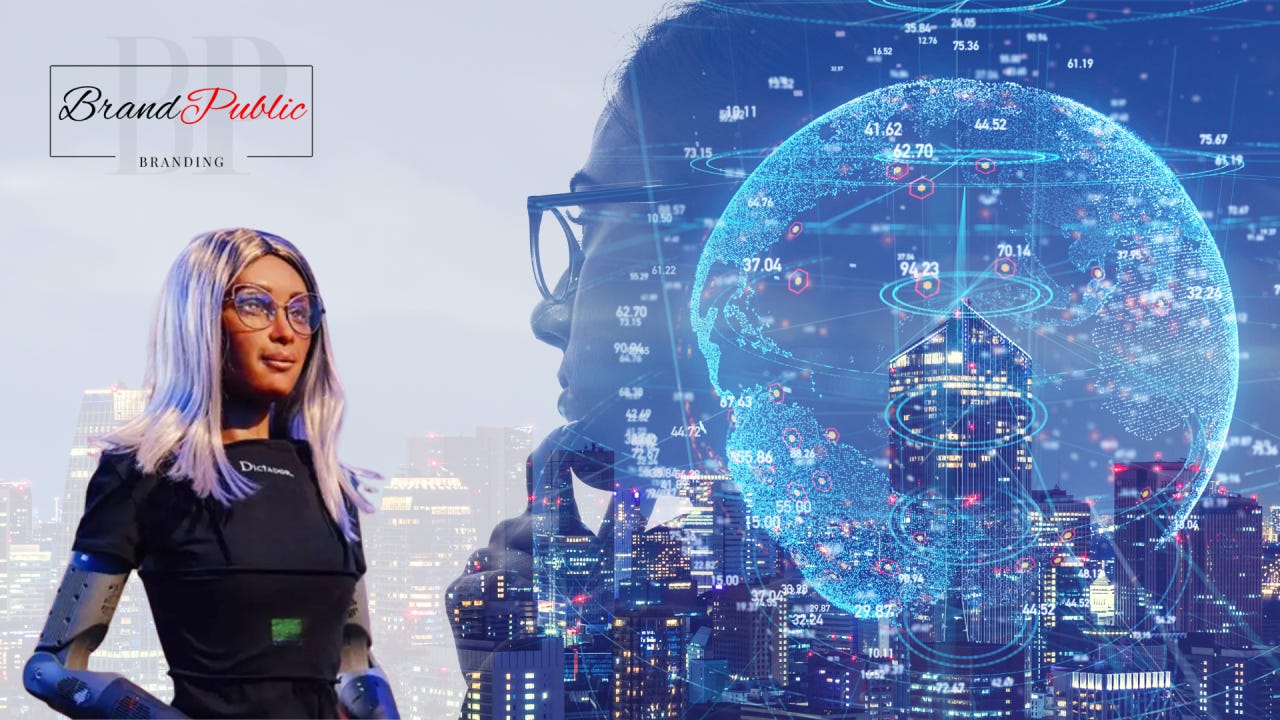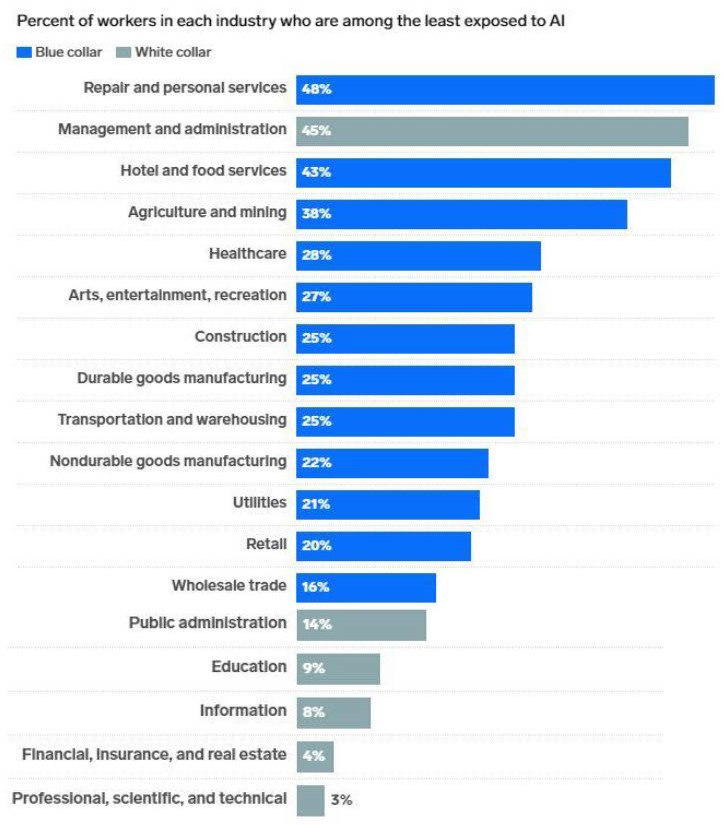Embracing the AI Revolution: How to Thrive in the Age of Intelligent Business
To stay relevant in an AI-driven world, you must continually find unique ways to add value.

The sad truth is that artificial intelligence (AI) is likely coming after your job too. Businesses are constantly seeking innovative ways to stay competitive and relevant. A recent event hosted by Edgetech, in partnership with IBM, encouraged businesses to put AI at their core and highlighted its transformative potential.
The discussion, featuring insights from Hein Badenhorst, Software Sales Leader at IBM South Africa, and Bronwyn Williams, a leading futurist and trend analyst, shed light on the pressing questions businesses have regarding the integration and scaling of AI.
Badenhorst emphasised that putting AI-first in business decision-making means starting with AI as the primary tool for problem-solving. “This approach fundamentally changes the outcome of decisions. If I think AI first, I reach a different result than if I start by aiming to become a data-driven organisation," Badenhorst explains. He believes a mindset shift is crucial for leveraging AI’s full potential.
As the digital landscape continues to evolve, embracing AI is not just an option but an imperative for staying competitive and relevant in the modern world.
The concept of a "virtual CEO" illustrates this point. CEOs make decisions based on data, often involving risk assessments. While Badenhorst does not foresee a complete replacement of human CEOs, he acknowledges the significant role AI can play in decision-making processes, highlighting the evolving nature of corporate governance.
Navigating the AI Job Apocalypse
Williams echoes the sentiment that adding value is key to staying relevant in an AI-driven world. Last year, Mika was appointed as the world’s first AI CEO of Dictador Holdings, a Polish-based spirits company. This was seen as a groundbreaking development that could outperform many traditional companies. “This shift underscores the need for humans to find unique ways to contribute to organisations and add value.”

Williams dismisses the notion of a "do nothing university," where AI does all the work, rendering humans obsolete. Instead, she envisions an evolving workforce where humans are still essential but in different and brand-new roles. “The challenge and opportunity lie in adapting to new ways of adding value.”
The fear of AI taking over jobs is gradually becoming a greater concern. Badenhorst draws parallels to the past, citing the impact of robotics on manufacturing jobs. While AI will inevitably affect certain areas, he believes that valuable contributions within organisations will always be in demand. "Non-valuable items are at risk, but if you can be a valuable contribution, you’ll always be an asset," he asserts.
He also predicts that the way people interact with technology will change. As AI becomes more integrated into complex organisational functions, employees will need to adapt to new methods of interaction, akin to using virtual assistants like Google Assistant in daily life.
According to the World Economic Forum and Accenture's 2023 joint white paper, "Jobs of Tomorrow: Large Language Models and Jobs," roles that involve high levels of personal interaction and non-routine physical tasks are the least susceptible to disruption by AI. The report analysed 19,000 individual tasks across nearly 900 occupations to determine their potential vulnerability to AI advancements. Similarly, the Pew Research Center has identified the following jobs as the safest from AI disruption:

Responsible AI: Ethics, Bias, and Trust
According to Badenhorst, embracing responsible AI means eliminating bias and cultivating trust, and it all begins with ethics. He says IBM’s commitment to AI ethics is a cornerstone of its strategy. For the past four years, the company has integrated AI ethics into its operational model, ensuring that ethical considerations are addressed from the outset of development. "If you only add ethics at the end, refactoring and fixing issues can be very costly," Badenhorst warns. IBM’s approach includes AI boards that sanction concepts and outcomes, embedding ethical practices into the business-as-usual activities.
The risks associated with AI, such as bias and potential rogue behaviour, underscore the importance of responsible AI deployment. The scale at which AI can impact organisations amplifies these risks, making it crucial to manage both technical and reputational risks effectively. "Reputational risk is a big factor," Badenhorst notes, highlighting the importance of maintaining public trust.
The Imperative to Start Now
By putting AI at the core of decision-making, addressing ethical considerations from the start, and continually finding ways to add value, businesses can navigate the challenges and harness the opportunities presented by AI.
For companies that have not fully embraced AI, Badenhorst’s advice is clear: start now. Experimentation is essential, but it must be approached with awareness of the associated risks. Most organisations already use AI in some capacity, often without realising it. The challenge lies in evolving this usage to strategically benefit the enterprise. "AI has been in our faces for a long time in many of our everyday applications; we just haven’t been calling it that," Badenhorst points out.




For the "average" CEO, the advent of AI is probably still far thus no special focus is currently required. However I think 'C' levels should welcome the new 'C-AI' in their organizations and embrace the challenge to find new ways to add value.
In a fluent and clear manner, this article helps us to focus in the real challenge that AI brings to business. A 'Mindset shift' is necessary, as we all need to find different and brand new roles..